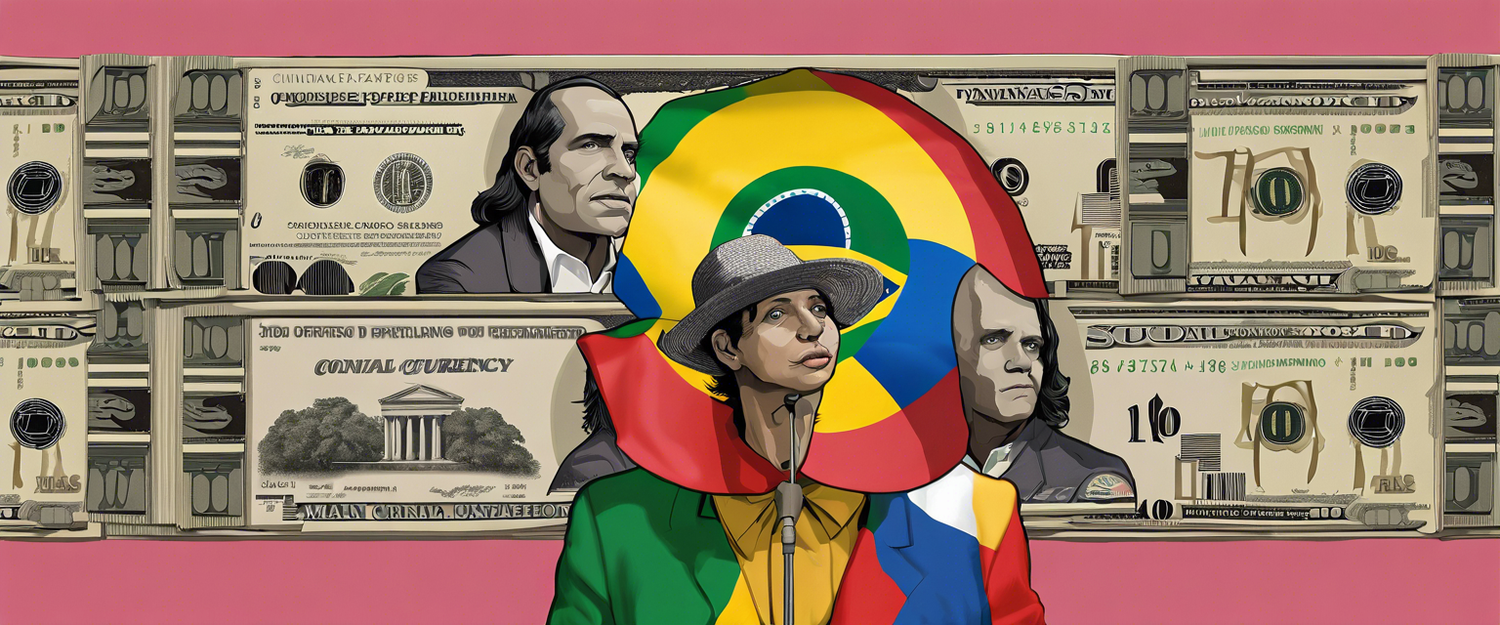Concerns Surrounding Brazil's Digital Currency Drex
Brazilian Congresswoman Julia Zanatta has recently voiced her apprehensions regarding the potential implications of the country's upcoming digital currency, drex, on the everyday lives of its citizens. As Brazil continues to progress with the drex implementation, there are fears that physical cash may soon be relegated to history.
The Voluntary Nature of Drex
During a recent interview, Zanatta highlighted the importance of making the use of drex voluntary, rather than mandatory. She cautioned that enforcing the use of a purely digital currency could lead to increased governmental control over the financial activities of Brazilians. Her remarks have initiated an important conversation about the potential risks associated with such a shift towards a completely digital economy.
Legislative Measures for Economic Freedom
In response to these concerns, Congresswoman Zanatta has introduced a new bill designed to counteract a prior proposal, initially aimed at phasing out cash transactions in Brazil. The previous legislation, introduced in 2020, sought to eliminate physical cash gradually, starting in 2025, and pushed for a society reliant solely on electronic transactions and drex.
Key Contingency Measures Proposed
Zanatta’s proposed measures aim to safeguard economic freedoms for all Brazilians. Here are some key points:
- Voluntary Participation: The insistence on allowing citizens the choice of using physical cash alongside digital currency.
- Protection of Financial Autonomy: Ensuring that individuals maintain their rights to manage their finances without governmental overreach.
- Public Awareness and Education: Initiatives to educate the public about the benefits and potential pitfalls of using digital currencies.
The Broader Implications of a Cashless Society
The transition to a cashless society raises critical questions about privacy, access, and the potential for exclusion of vulnerable populations. Critics argue that while digital currencies may enhance transaction efficiency and security, they could also create barriers for individuals who are less technologically adept or do not have access to the necessary digital infrastructure.
Conclusion
As Brazil navigates the complexities of implementing the drex digital currency, the dialogue led by figures like Julia Zanatta will be crucial. She emphasizes the importance of maintaining choice and protecting economic freedoms, ensuring that the nation’s push towards modern financial systems does not come at the expense of its citizens' autonomy.



댓글 남기기
모든 댓글은 게시 전 검토됩니다.
이 사이트는 hCaptcha에 의해 보호되며, hCaptcha의 개인 정보 보호 정책 과 서비스 약관 이 적용됩니다.